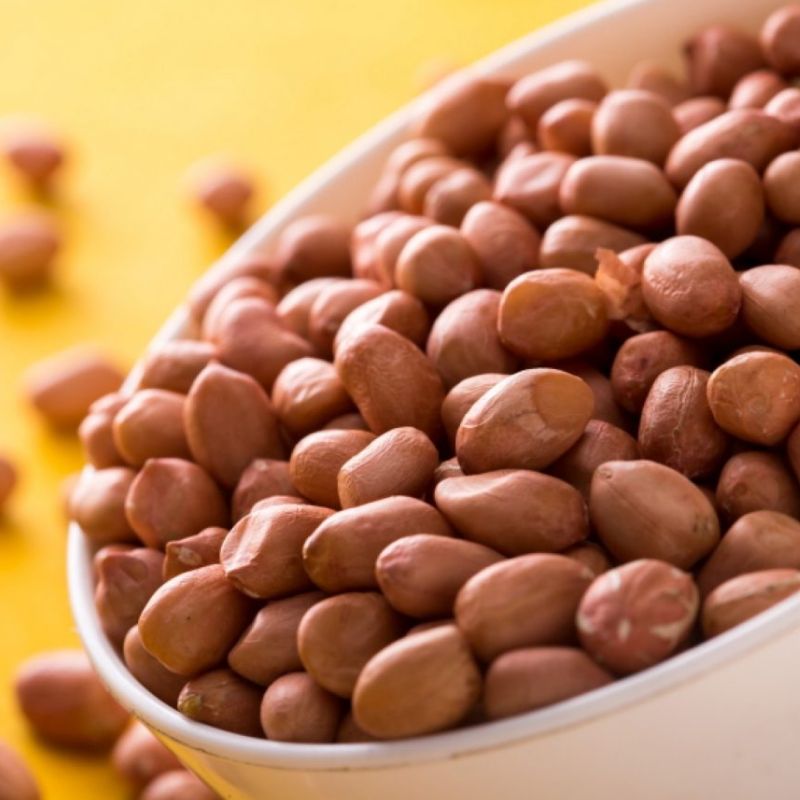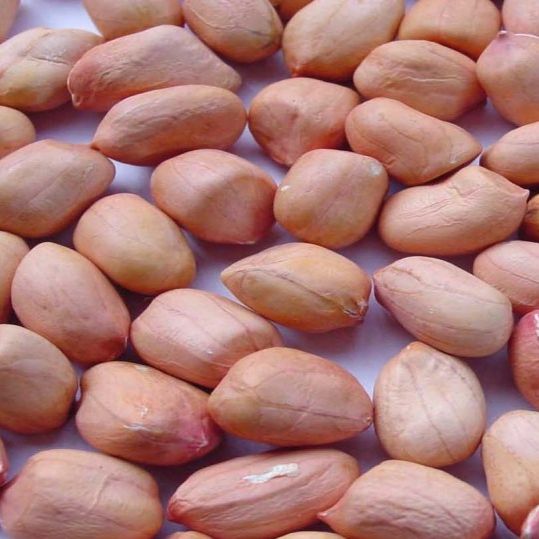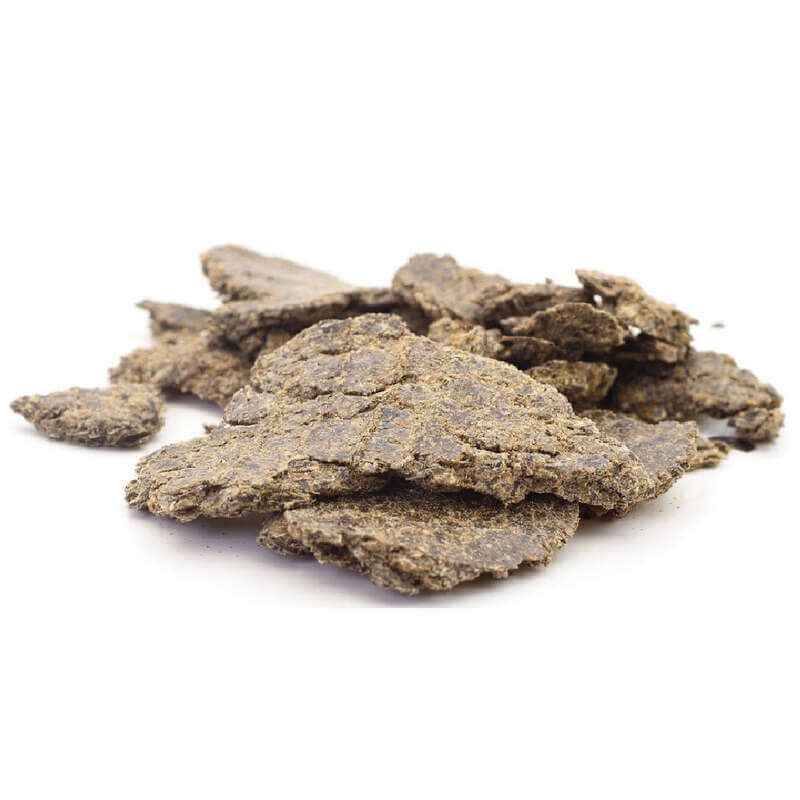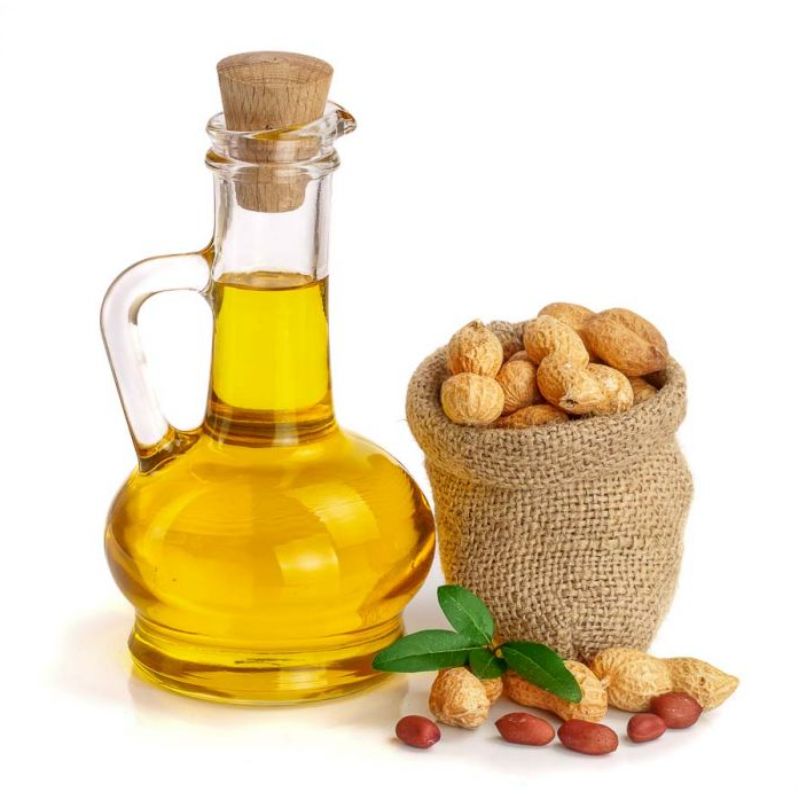TJ Peanuts
T J Peanuts, scientifically known as Arachis hypogaea, are a popular variety of peanuts known for their unique characteristics and versatile uses. Below, you’ll find comprehensive information about T J Peanuts, including their plant characteristics, growth requirements, production regions, maturity period, environmental conditions, physical properties, ingredients, shelf life, storage conditions, and common uses.
₹1,000.00
T J Peanuts: An Overview
T J Peanuts, scientifically known as Arachis hypogaea, are a popular variety of peanuts known for their unique characteristics and versatile uses. Below, you’ll find comprehensive information about T J Peanuts, including their plant characteristics, growth requirements, production regions, maturity period, environmental conditions, physical properties, ingredients, shelf life, storage conditions, and common uses.
Plant Characteristics:
| Plant Size: | T J Peanuts typically grow to a height of 1 to 2 feet (30 to 60 cm). |
| Type: | They belong to the legume family and are a variety of groundnuts (peanuts). |
| Taste: | T J Peanuts are known for their rich, nutty flavor with a slight earthy undertone. |
| Color: | The shells of T J Peanuts are usually light tan or pale brown, while the edible seeds (kernels) inside can range from light beige to light brown. |
Soil Type for Growth:
- T J Peanuts thrive in well-drained, sandy loam or sandy soil
- The soil should have good moisture-holding capacity, as consistent moisture is essential for peanut growth.
Production Regions:
- T J Peanuts are primarily produced in regions with warm climates and adequate rainfall.
- They are cultivated in various parts of the world, including the United States, China, India, and Africa.
Main Region in India:
- In India, T J Peanuts are commonly grown in the states of Gujarat, Andhra Pradesh, Karnataka, and Tamil Nadu.
Maturity Period:
- T J Peanuts typically have a maturity period of around 100 to 150 days from planting, depending on the climate and growing conditions.
Environmental Conditions:
- T J Peanuts require full sun exposure for optimal growth.
- They are sensitive to frost and are typically grown in regions with a frost-free growing season.
Physical Properties and Ingredients:
- T J Peanuts have a hard, outer shell that protects the edible kernels inside.
- The kernels contain a high amount of protein, healthy fats, and various vitamins and minerals.
- They are also a good source of antioxidants and dietary fiber.
Shelf Life After Harvesting:
- Once harvested, T J Peanuts can have a shelf life of several months to a year if stored properly.
Storage Conditions:
- To maintain their freshness, T J Peanuts should be stored in a cool, dry place, away from direct sunlight.
- It is advisable to store them in airtight containers to prevent moisture and pests from affecting their quality.
Uses and Consumers:
- T J Peanuts have a wide range of uses, both in culinary and non-culinary applications.
- They are commonly consumed as snacks, either roasted or salted.
- Peanut butter, peanut oil, and various peanut-based sauces are popular culinary products made from T J Peanuts.
- They are also used in confectionery, such as chocolates and peanut brittle.
- T J Peanuts are used in various dishes, including salads, curries, and stir-fries.
- In non-culinary applications, peanuts are used in cosmetics and skincare products due to their oil’s moisturizing properties.
T J Peanuts are a versatile and nutritious crop that plays a significant role in global agriculture and culinary traditions. Whether enjoyed as a simple snack or used as a key ingredient in various dishes and products, their popularity continues to grow due to their delicious flavor and nutritional value.






Reviews
There are no reviews yet.